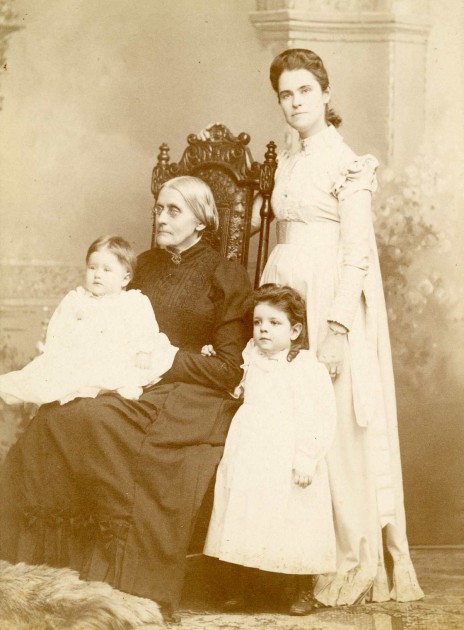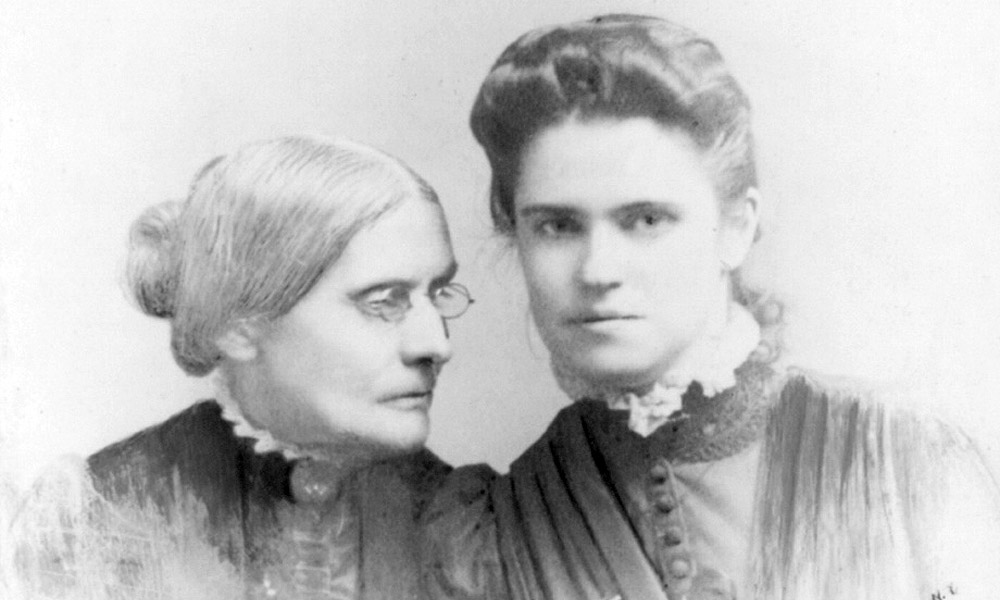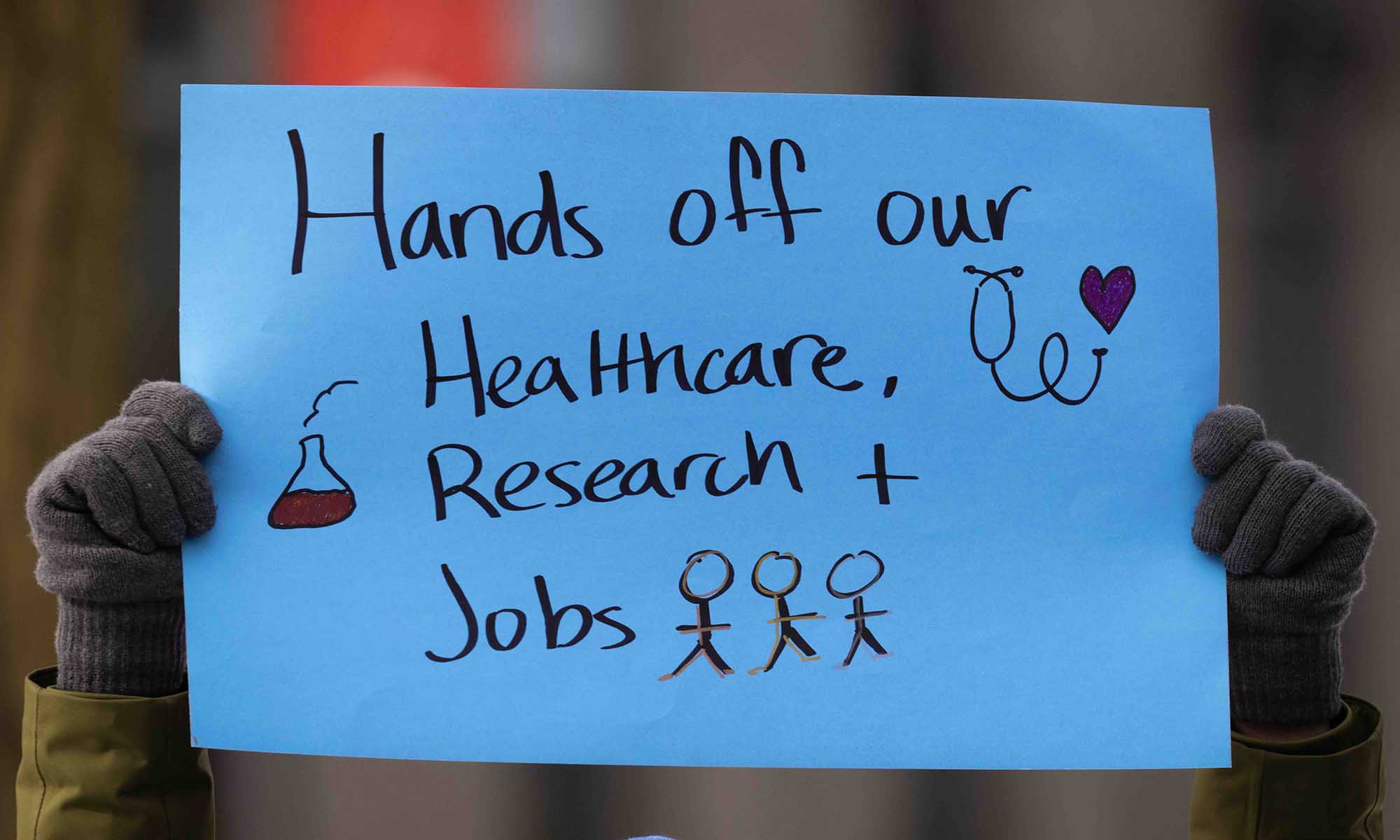On Aug. 26, 1920, with the formal adoption of the 19th Amendment, women won the right to vote. Now, a newly discovered collection of Susan B. Anthony letters will help show how.
The letters were written by Anthony to her “most cherished young lieutenant” Rachel Foster Avery from 1881 through the turn of the century. Acquired last week by the University of Rochester’s River Campus Libraries, the historic collection will help bring to life the suffrage movement through the eyes of two of its most important members.
Anthony and Avery were connected through the National Woman Suffrage Association and the National American Woman Suffrage Association. Supplementing the libraries’ original collection of 178 letters between the two women, the acquisitions this summer bring the total number of materials to more than 300 autographed and typed letters, Avery family correspondence, photographs, and signed cabinet cards. The University purchased the items on Aug. 19 from two auction houses – the American Eagle Auction and Appraisal Company in Livonia, Michigan and the Super Action in Ann Arbor, Michigan.

“This is an outstanding acquisition for the libraries and for the Rochester community,” said Mary Ann Mavrinac, vice provost and Andrew H. and Janet Dayton Neilly Dean of the River Campus Libraries. “It augments what is arguably the nation’s strongest manuscript collection related to the long working and personal relationship between Anthony and Avery. We are honored to bring such historically significant letters to our libraries.”
Anthony, a Rochester resident from 1845 until her death in 1906, successfully persuaded the University of Rochester to admit women in 1900. The library’s Department of Rare Books, Special Collections, and Preservation already stewards important holdings related to Susan B. Anthony’s role in women’s suffrage, including the existing Anthony-Avery collection, which was acquired in 1972 at an auction of Avery family papers. Reuniting these collections will provide new primary sources for teaching and research both on campus and more broadly. The as-yet-unstudied letters help chronicle a critical chapter in the history of suffrage and women’s rights in the United States.
Plans are underway to begin digitizing these new materials in the coming weeks. Materials from other Anthony-related collections owned or on deposit at Rush Rhees have been digitized and transcribed for the online exhibition, Susan B. Anthony: Celebrating “A Heroic Life.”




